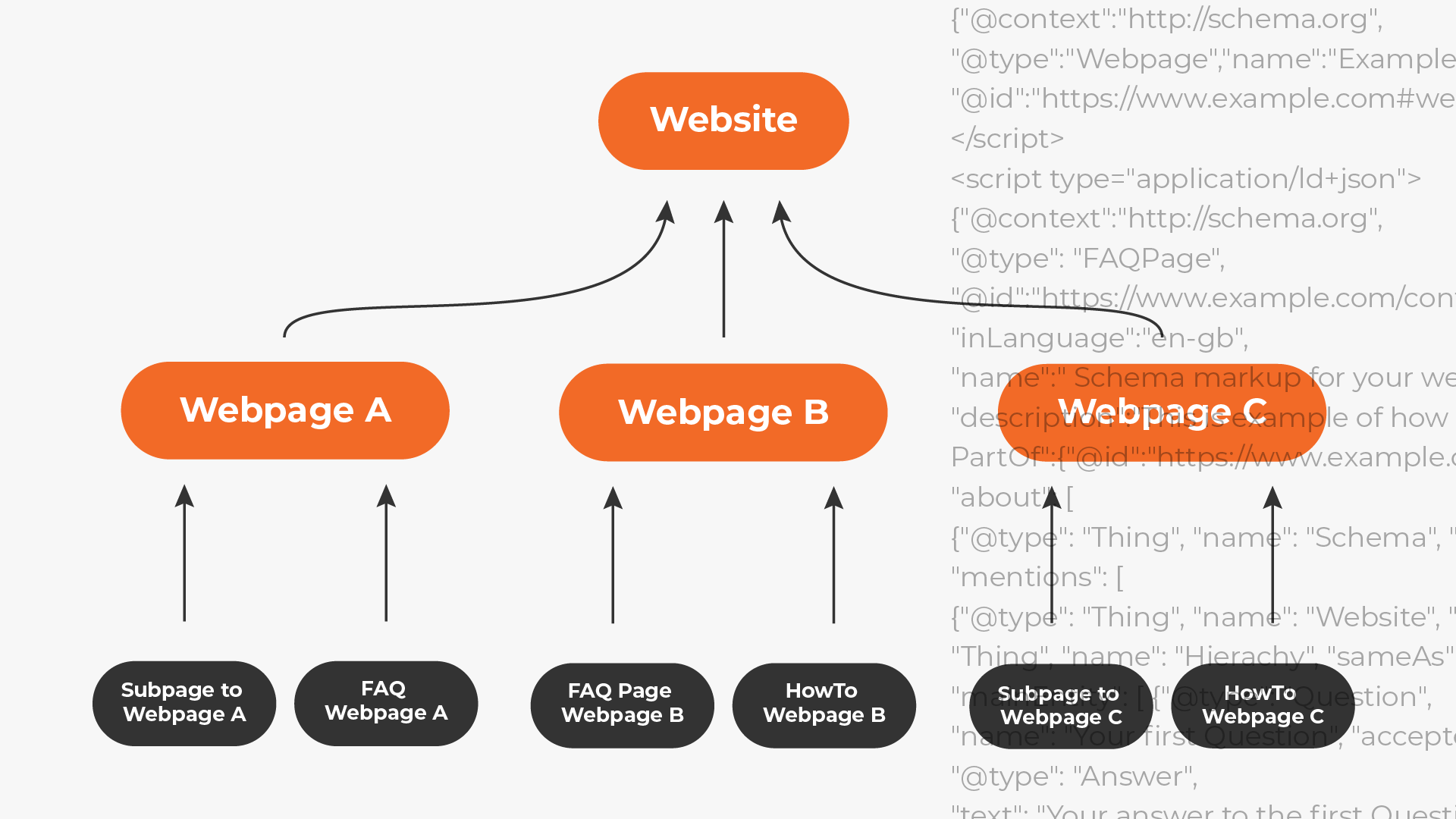Taking Full Advantage Of Search Engine Optimization Potential: Leveraging Schema Markup to Stand Out in Online Search Engine Outcomes Pages
In the ever-evolving landscape of search engine optimization (SEARCH ENGINE OPTIMIZATION), one vital aspect that typically sets websites apart in search engine results pages is Schema Markup. Allow's check out exactly how leveraging Schema Markup can unlock brand-new opportunities for optimizing SEO potential and moving websites to the center of search engine results web pages.
Understanding Schema Markup Basics

Schema markup makes use of a structured data vocabulary that gives internet search engine with in-depth information concerning the material on a website, such as the kind of material (e.g., short article, dish, event), specific information (e.g (Schema Markup)., date of magazine, components, location), and partnerships between various aspects. This added info helps online search engine create abundant snippets, which are boosted search results page that can consist of pictures, rankings, costs, and various other relevant details, making them much more eye-catching and clickable to individuals. Essentially, mastering the essentials of schema markup is important for maximizing web material and maximizing its exposure and effect on online search engine results web pages
Kinds Of Schema Markup
Different groups of schema markup exist to accommodate various kinds of material and give search engines with in-depth details for improved search results page depiction. Some common types of schema markup consist of Write-up, Local Service, Item, Dish, Event, FAQ, and Evaluation.
Product schema markup is valuable for ecommerce sites to display product details like cost, schedule, and evaluations. Frequently asked question schema markup assists in offering frequently asked questions and their solutions directly in search results. Review schema markup allows organizations to showcase consumer scores and testimonials, boosting integrity and exposure in search engine weblink results.
Relevance of Schema Markup for SEO

One secret value of schema markup for SEO is that it can cause abundant snippets in search engine results pages (SERPs) Rich fragments are enhanced search results page that consist of extra information such as scores, reviews, prices, and a lot more. These abundant snippets not just make the search results page more visually enticing yet also raise the click-through price by supplying individuals with even more context concerning the website before they also visit it. On the whole, schema markup can considerably enhance a website's performance in internet search engine positions and drive even more organic website traffic to the site.
Best Practices for Implementing Schema
When including schema markup on a website, adherence to best practices is critical for maximizing search engine presence and enhancing user experience. Accurately carrying out the schema markup by complying with the standards from Schema.org and search engine documents is imperative. Additionally, leveraging schema markup to highlight essential info such as reviews, ratings, and product details can enhance the visibility of rich fragments in search outcomes, bring in even more natural web traffic.
Gauging the Influence of Schema Markup
To assess the efficiency of schema markup application, it is necessary to assess its effect on internet search engine exposure and individual interaction. One way to gauge the influence is via tracking changes in search engine ranking positions for web pages with schema markup contrasted to those without. Tools like Google Search Console can give useful insights into the efficiency of schema markup by revealing the click-through rates and impressions of web pages in search outcomes.
Additionally, monitoring natural web traffic and user behavior metrics, such as bounce rate, time on web page, and conversion rates, can aid examine the influence of schema markup on individual engagement and internet site performance. A noticeable boost in organic web traffic or improvements his response in customer interaction metrics after implementing schema markup shows its positive effect on search exposure and user experience.

Conclusion
Finally, leveraging schema markup is necessary for optimizing SEO possible and sticking out in online search engine results pages. Comprehending the basics, applying the appropriate kinds, and complying with best methods are essential for success. By gauging the impact of schema markup, organizations can ensure they are making the many of this powerful device to improve their exposure and drive more web traffic to their internet sites.